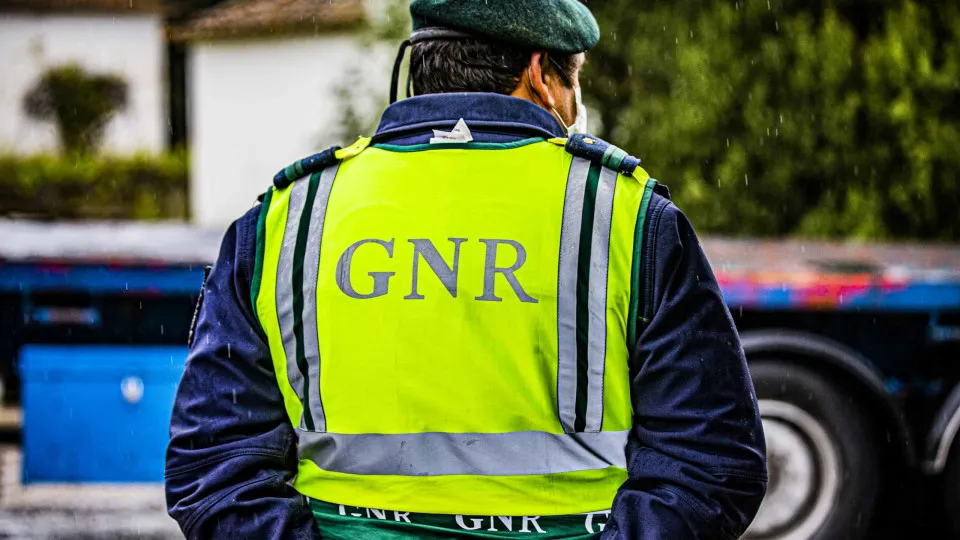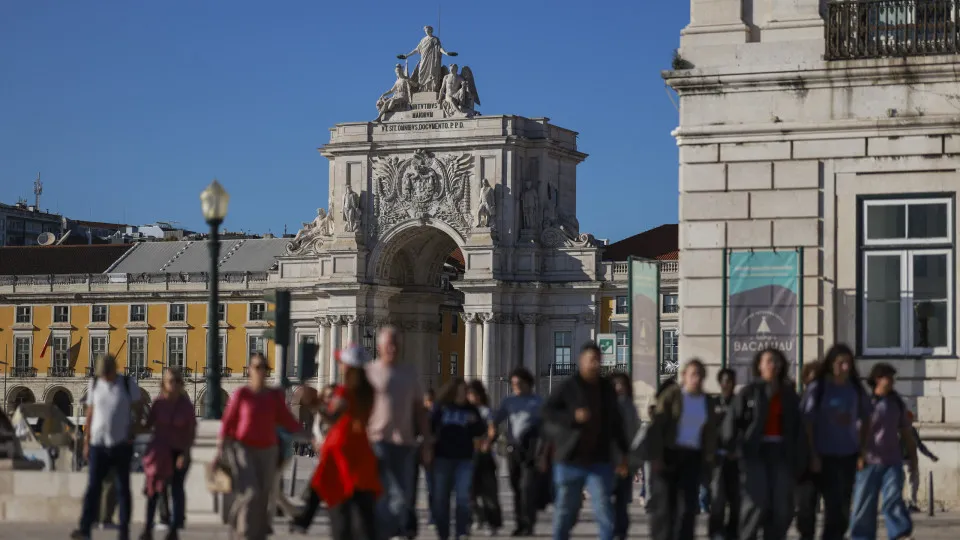
As the guest country at the 40th edition, the festival features a special section dedicated to Portuguese cinema, showcasing a wide range from classics to contemporary films, including works by Pedro Costa, Manoel de Oliveira, and José Álvaro Morais.
A tribute is planned for actress and director Maria de Medeiros, “one of the most beloved and admired figures in European cinema, music, and culture,” with screenings of films she starred in, such as “Silvestre” by João César Monteiro, and directed, including “Capitães de Abril”.
The festival’s program will also include the animated film “Os demónios do meu avô” by Nuno Beato and an exhibition featuring the miniature characters used in the stop-motion animation process, as well as a masterclass by director João Gonzalez, creator of the award-winning “Ice Merchants”.
More than thirty films offering a panorama of Portuguese cinema, both documentary and fiction in short and feature lengths, have been selected, including “A fábrica de nada” (2017) by Pedro Pinho, “Trás-os-Montes” (1976) by António Reis and Margarida Cordeiro, “Maria do Mar” (1930) by Leitão de Barros, “A noite” (1999) by Regina Pessoa, and “As Fado Bicha” (2024) by Justine Lemahieu.
“A Savana e a Montanha” by Paulo Carneiro, which deals with the fight of the transmontana community of Covas do Barroso against lithium exploitation in the region, is a contender for the best Ibero-American feature documentary award.
This section also includes “Tardes de solidão” by Spanish director Albert Serra, co-produced by Portugal, about Spanish bullfighting, and “Ouro negro” by Japanese Takashi Sugimoto, produced by Uma Pedra no Sapato and filmed in India, involving a traditional trade of black women’s hair.
In the Ibero-American short film competition is “Tapete voador”, directed and produced by Justin Amorim, “based on one of the many true stories from the largest institutionalized pedophilia case in Portugal,” according to the synopsis.
“Sonhar com leões” by Paolo Marinou-Blanco, a dark comedy about euthanasia, is in the official section of Ibero-American fiction feature films.
For the Maguey Award, celebrating LGBT cinema, the film “Duas vezes João Liberada” by Paula Tomás Marques competes. It explores a fictional character who could have existed, someone persecuted and marginalized during the Inquisition for not conforming to the era’s norms on sexuality and gender.
The film “Two ships” by American McKinley Benson, co-produced by Cola Animation, is a contender for the best animated short film award, and “La memoria de las mariposas” by Peruvian Tatiana Fuentes Sadowski, co-produced by Portugal’s Oublaum Filmes, competes for the socio-environmental cinema award.
The 40th edition of the festival concludes on June 14.




